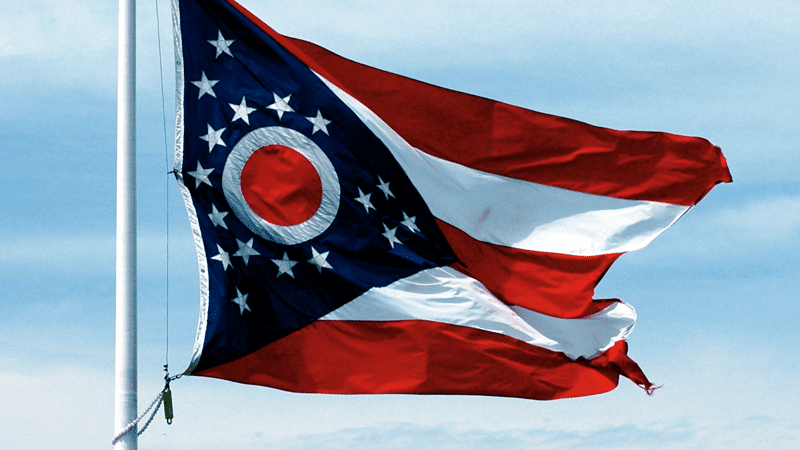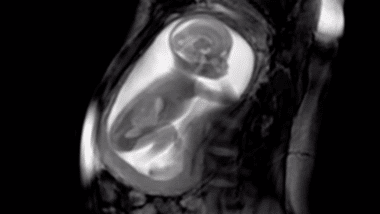A US appeals court has overturned an injunction which stopped Ohio from ending discrimination against Down’s syndrome babies in the womb.
The appeals court decision in favour of Ohio’s Down Syndrome Non-Discrimination Act means that state-regulated doctors are banned from carrying out abortions if they know they are being requested for Down’s syndrome.
Although the Act was signed into law in 2017, activists – including abortion giant Planned Parenthood – went to court, securing an injunction to prevent its implementation. But now the Sixth Circuit Court of Appeals has reversed that decision.
‘Inhumane’
Judge Griffin, one of the judges who lifted the injunction, said: “Following Nazi Germany’s horrific implementation of eugenics to its natural conclusion, the eugenics movement lost its popularity.
“Tragically, however, the practice continues today with modern-day abortions.
“Specifically, the selective abortion of unborn babies who are deemed ‘unfit’ or ‘undesirable’ is becoming increasingly common.”
The circuit judge concluded that the Ohio law would prevent doctors from “knowingly carrying out abortions for eugenic reasons” and engaging in a practice that was “inhumane, discriminatory and misguided”.
‘Safe haven’
Marjorie Dannenfelser, President of pro-life organisation Susan B. Anthony List, welcomed the news.
She said: “We applaud the Sixth Circuit ruling that upholds Ohio as a safe haven for unborn babies with Down Syndrome. This law includes reasonable, compassionate measures to prevent lethal discrimination in the womb.”
Chuck Donovan, President of the Charlotte Lozier Institute, added: “In certain countries, children with Down Syndrome are being devastatingly eliminated from the population. CLI’s research has shown the vast majority of children with Down Syndrome lead happy, productive, and fulfilled lives.”
UK
In the UK, abortion is permitted up to 24 weeks for most reasons but is available up to birth for children deemed to have a disability– including Down’s syndrome.
But in Northern Ireland unborn babies believed to have a disability are a step closer to being better protected from abortion after the Severe Fetal Impairment Abortion (Amendment) Bill, brought by Paul Givan MLA, received Stormont’s backing last month.
Campaigners Heidi Crowter and Máire Lea-Wilson are seeking similar protections in Great Britain and have been granted permission to challenge the current abortion law at the High Court.
Paul Conrathe, the lawyer representing the women, said that their case addressed a situation that is “fundamentally offensive and discriminatory — that unborn babies with a disability, and in this case Down’s syndrome, should be aborted up to birth.”
Miscarriage persuades US doctor of abortion harms
US funding cuts to pro-abortion groups ‘have not disrupted’ women’s health
US survey: Opposition to abortion pills increases after learning how they work


